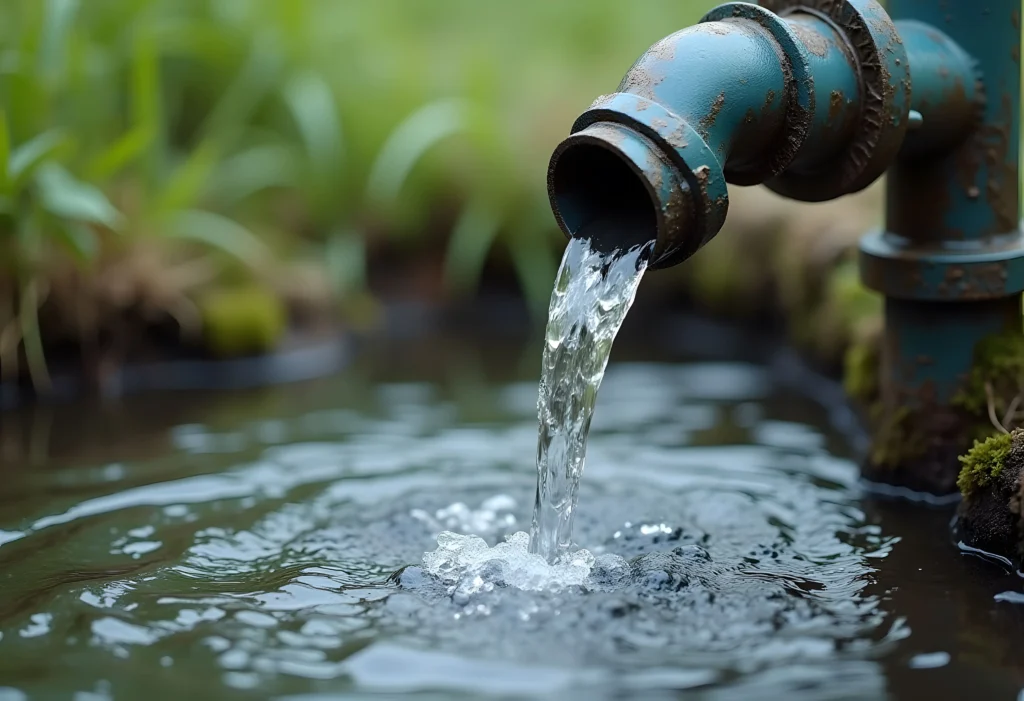Kochi, often hailed as the Queen of the Arabian Sea, is a bustling urban hub in Kerala. However, alongside its rapid development and urbanization, the city faces significant challenges in ensuring a sustainable and reliable drinking water supply for its residents. This article delves into the key factors affecting the drinking water supply in Kochi and explores potential solutions to mitigate these issues.
Environmental Factors Affecting Water Quality
The water quality in Kochi is heavily influenced by environmental factors. Pollution from industrial effluents, untreated sewage, and agricultural runoff contaminates water sources, making it unsuitable for drinking. Additionally, the increasing salinity in water sources, especially in coastal areas, poses a major challenge for potable water supply.
Urbanization and Rising Demand for Water
Kochi’s rapid urbanization has resulted in an ever-increasing demand for drinking water. The growing population, along with the expansion of residential and commercial areas, has put immense pressure on the existing water supply infrastructure, leading to frequent shortages and inconsistent supply.
Impact of Climate Change
Climate change has significantly impacted water availability in Kochi. Irregular rainfall patterns, prolonged droughts, and rising temperatures have disrupted the natural replenishment of water sources. Flooding during monsoons further exacerbates the contamination of drinking water, making it harder to provide safe water to residents.
Hard Water and Salinity Issues
The presence of hard water, caused by high levels of calcium and magnesium, is another concern in Kochi. In addition, the intrusion of saline water into freshwater sources, particularly in low-lying and coastal areas, reduces the quality of drinking water and increases the need for advanced water treatment facilities.
Inadequate Groundwater Management
Over-extraction of groundwater to meet the rising demand has led to depletion and contamination of aquifers in Kochi. Poor groundwater management practices and the absence of effective recharge mechanisms have made groundwater an unreliable source for drinking water in the city.
Infrastructural Challenges in Water Distribution
Kochi’s water distribution network suffers from aging pipelines, leaks, and inefficient water management systems. These infrastructural issues lead to significant water loss, unequal distribution, and contamination during transportation, leaving many households without access to clean drinking water.
Socio-Economic Impacts on Water Accessibility
Socio-economic disparities further complicate water accessibility in Kochi. While affluent communities can afford alternative solutions such as bottled water or water purifiers, economically disadvantaged groups often rely on unsafe water sources, exposing them to health risks.
Innovative Solutions for Water Supply
To address these challenges, Kochi must adopt innovative and sustainable solutions:
Sustainable Practices for Water Consumption: Promoting water conservation methods such as rainwater harvesting and reusing treated wastewater can reduce the strain on natural resources. Advanced Water Treatment: Investing in modern desalination plants and water purification technologies can help combat hard water and salinity issues.
Efficient Infrastructure Development: Upgrading the water distribution system with leak-proof pipelines and smart water metering can enhance water delivery efficiency.
Public Awareness Campaigns: Educating residents about water conservation and safe water practices can ensure community participation in tackling water supply issues.
Groundwater Recharge Programs: Implementing policies for better groundwater recharge, such as constructing percolation ponds and promoting green spaces, can rejuvenate depleted aquifers.
Conclusion
The drinking water supply challenges in Kochi are multifaceted, stemming from environmental, infrastructural, and socio-economic factors. By adopting sustainable practices for water consumption and investing in innovative solutions, Kochi can overcome these challenges and pave the way for a reliable and sustainable drinking water supply in Kochi. Ensuring collaboration between government bodies, private sectors, and citizens is crucial in building a future where every resident has access to safe and clean drinking water.

